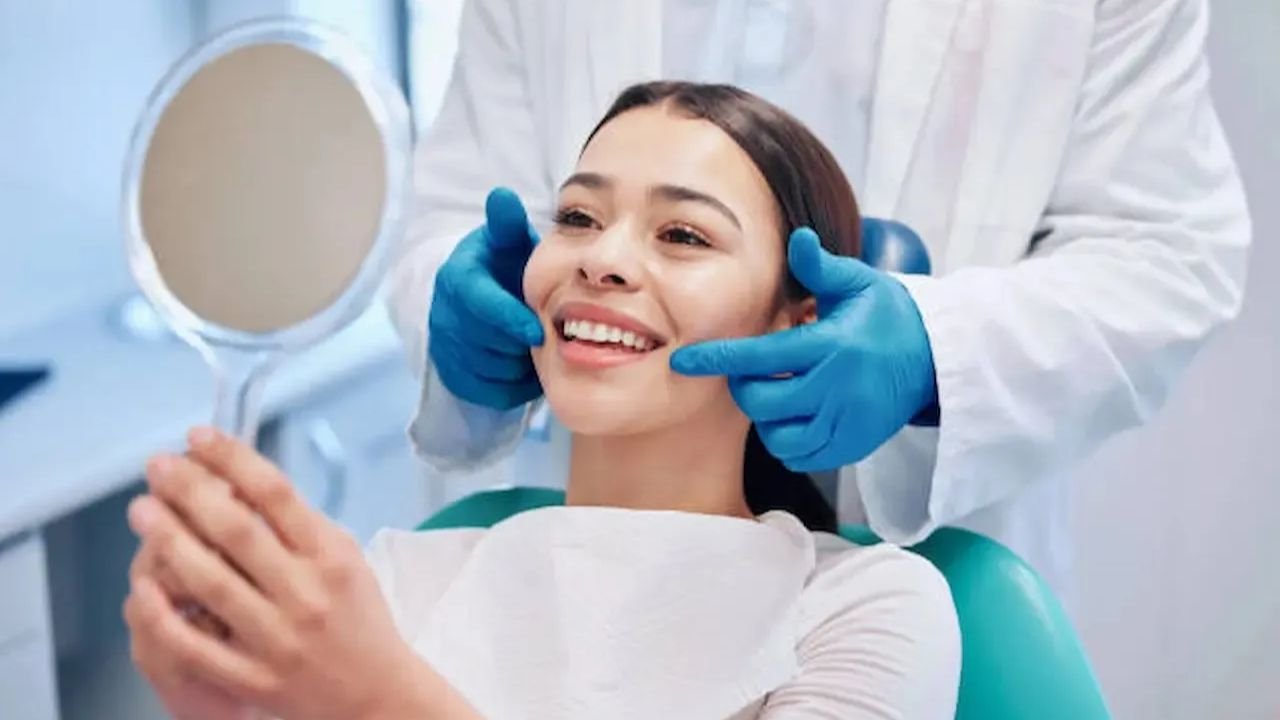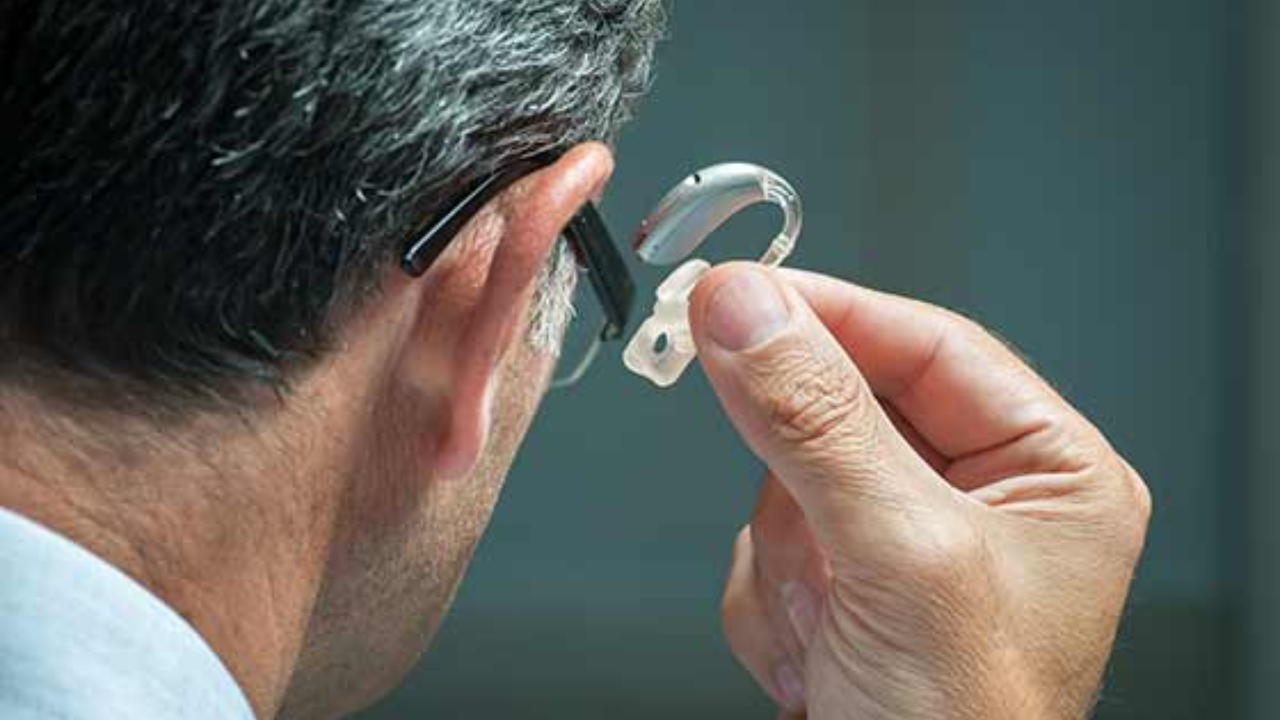Mirrors used in dental practice cannot be ignored and have played great role in enabling the dentist to see everything in great detail that is needed when getting a clear view of the hard to see places in the mouth. However, just as all tools, the dental mirrors also have a relatively short lifespan and need to be replaced every now and then in order to ensure proper functioning. That is the question then, how frequently should you change your dental mirrors? Let us simplify it.
The Narrowing Down of the Causes of Short Lifespan of Dental Mirrors
Dental mirrors had a durability which is based upon various factors. The quality of materials is also significant as quality mirrors made of stainless steel or such that has rhodium coatings are more nearing their longevity as compared to dull lones. The frequency of use also is also a factor since instruments used in busy practices would wear out more quickly than those in less frequent use. The use of them does not only affect the lifespan.
The reflective surface and structure may wear and lose shine, due to the effect of repeated cleaning and sterilization: autoclaving, chemicals, and ultrasonic cleaners may be rough on inner surfaces. Moreover, it is the kind of mirror that we use; disposable mirrors should be replaced each time after a patient, whereas reusable mirrors last longer but still should be evaluated regularly.
How to Know Your Dental Mirrors Need Replacing
The most perfect dental mirrors will demonstrate wear and tear also. When getting the dental mirrors, you should discard them when you detect the presence of scratches or when the mirrors become cloudy hence difficult to examine the oral cavity. Playing in corrosion or rust may undermine both hygiene and functionality, and may pose a safety hazard and be an inconvenience in procedures caused by loose heads or handles. In case the mirror surface creates unreliable reflections or distorts the images, it decreases the accuracy of diagnosis and demands replacement.
Suggested Replacement Periods
As to how frequently the dental mirrors have to be changed, there is no rule to tell everybody, however, some general recommendations may be given. Disposable mirrors can be reused only once because they are single-patient mirrors. It is essential to check the reusable glass mirrors regularly and switch it every six to twelve months depending upon the wear and the sterilization process. More durable coated mirrors made of Rhodium can last up to eighteen to twenty four months with a little care taken.
Guidelines That Can Help You Increase the Lifespan of Your Dental Mirrors
Care should be ascertained to provide the maximum life of your dental mirrors. Manufacturer standards of cleaning and sterilizing always apply, which is to not use abrasive cleaners, as they will scratch the reflective surface. After every cycle of sterilization process, regular checks ought to be done to find the signs of damage. The loss of mirrors due to breakage can be prevented as far as these mirrors are kept in the cases or holders.
Possible consequences of not replacing In a timely manner possible
Replacing the job of worn-out dental mirrors late is causing numerous problems. Treatment outcomes are impaired by poor visibility reducing the accuracy of the diagnosis. Broken mirrors can give unwanted pain or trauma to the patients under investigation. When they undergo some poor experience or sustain some injury as a result of their visit, this might prove a problem to you and your practice. When they are broken, this may contain bacteria on the damaged surface which becomes a great hygienic hazard and leads to the danger of cross-contamination.
Conclusion
Contributing to the quality of care in your practice is to regularly replace dental mirrors. Observing their status and following the suggestions of the defined replacement periods, you will be able to guarantee operating reliability, increase patient safety and preserve the professional borderline of your practice. In cases of doubt, it is better to be careful and put in place supplementary mirror as necessary to prevent complications.



